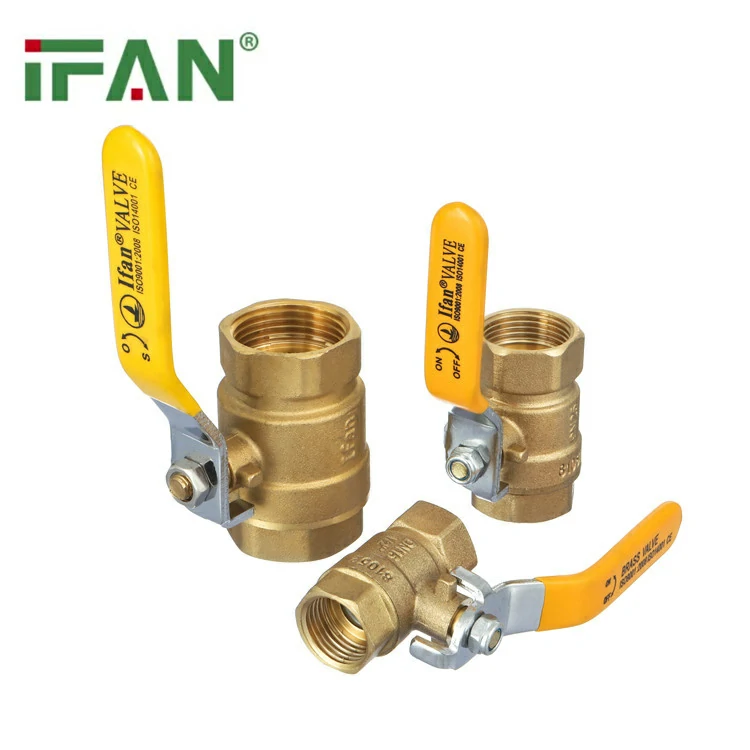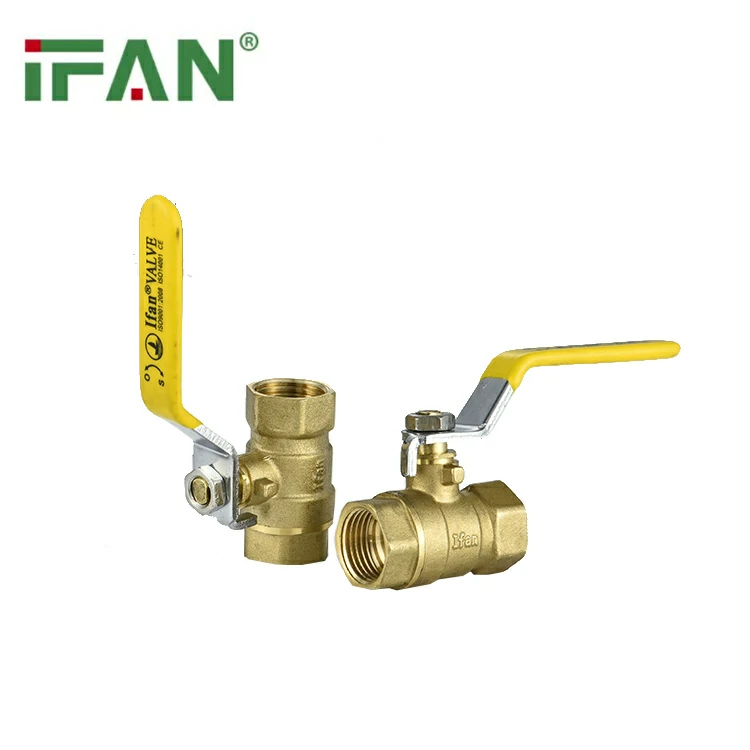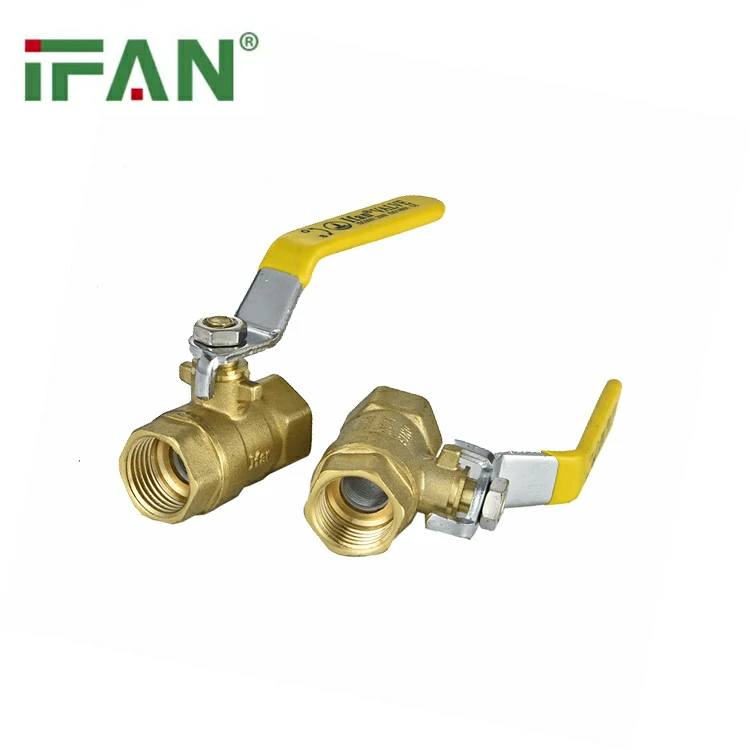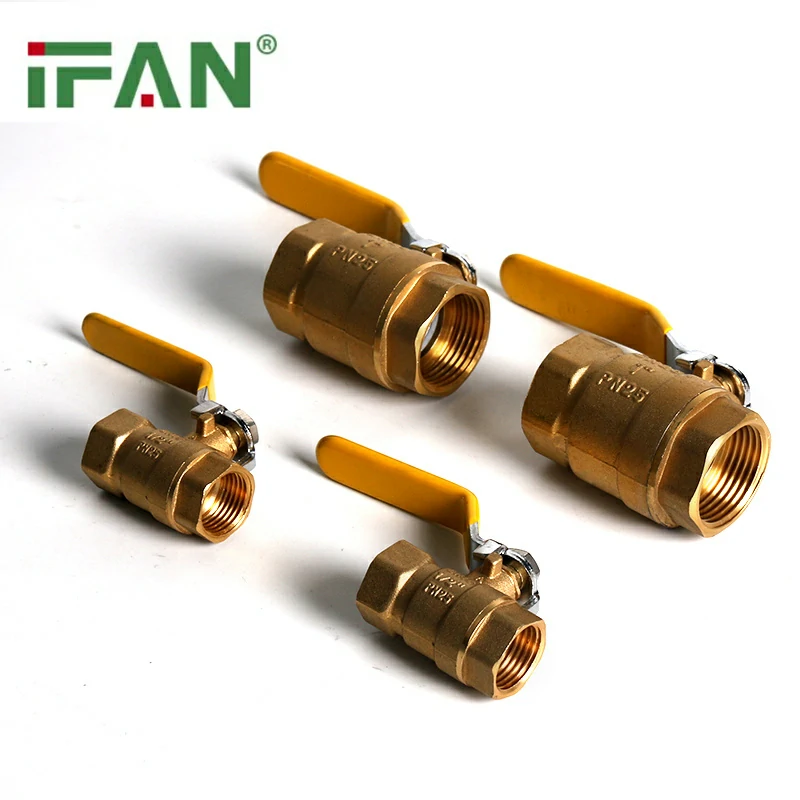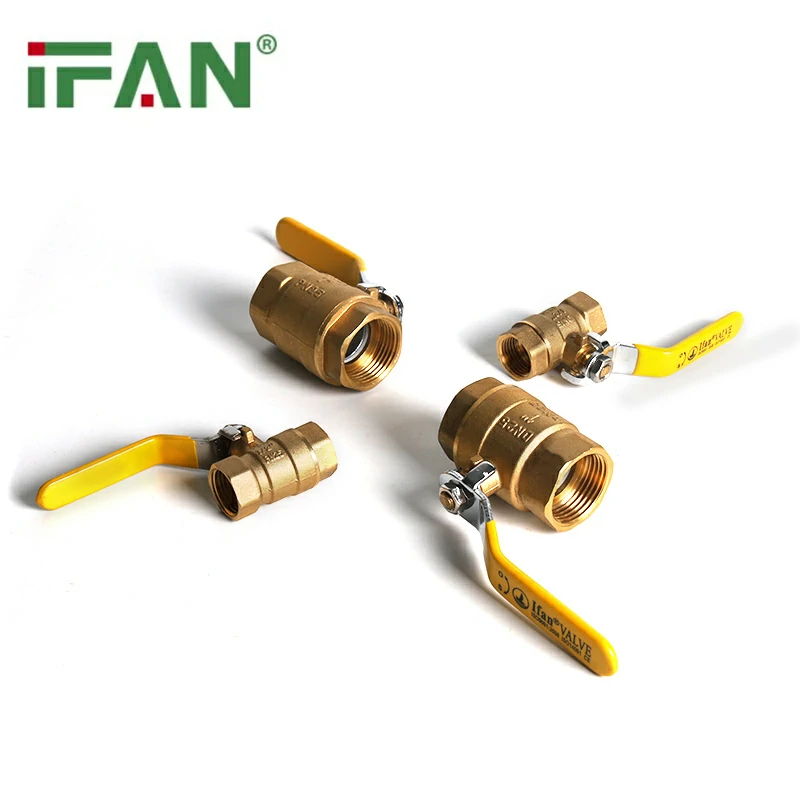IFAN Long Handle Brass Gas Valves
Category : Click Download
Whatsapp : +86 19884503412
Wechat : 19884503412
Description
Understanding the Role of Brass Gas Valves
Brass gas valves are critical components in residential, commercial, and industrial gas systems.
They regulate gas flow and ensure safe operation of stoves, heaters, and appliances.
Due to their durable brass construction, these valves are corrosion-resistant and long-lasting.
However, even brass gas valves wear out over time with frequent use or exposure.
Recognizing signs of valve wear early helps avoid gas leaks or equipment failure.
Regular inspections are necessary to maintain safety and performance.
Ignoring valve wear can result in costly repairs or dangerous malfunctions.
Knowing how to identify wear is essential for any gas system owner.
Difficulty in Turning the Valve Handle
A common sign of wear is resistance when turning the valve handle.
Brass gas valves should operate smoothly with moderate hand pressure.
If the valve becomes stiff or jammed, internal components may be worn or corroded.
Dry seals, damaged threads, or buildup inside can cause friction.
Avoid forcing the valve open, as this may cause breakage or leaks.
Lubrication might help temporarily, but worn parts need replacement.
For gas safety, address any stiffness immediately.
Do not use tools to force-turn the valve, especially if it’s connected to a live line.
Leaking or Hissing Sounds Near the Valve
Brass gas valves are designed to seal tightly when shut.
If you hear hissing or detect a gas smell, the valve may be leaking.
Leaks can result from worn seals, internal cracks, or corrosion.
Use a soapy water solution to test for bubbles around joints.
Any leak, no matter how small, is a serious hazard.
Worn out brass gas valves may no longer seal fully, increasing risk.
Replace leaking valves immediately and avoid temporary fixes.
Always turn off the main supply before inspecting a suspected leak.
Visible Corrosion or Surface Damage
Although corrosion-resistant, brass can degrade with time, especially in harsh environments.
Look for green discoloration, pitting, or flaking on the valve body.
Such surface damage often indicates internal wear or environmental exposure.
Outdoor or damp locations accelerate brass gas valves’ deterioration.
Valves with rust, cracking, or extensive corrosion are unsafe.
In kitchens, exposure to grease and chemicals can also cause surface breakdown.
Corroded valves are structurally weaker and should not be reused.
When corrosion is visible, internal damage is likely as well.
Irregular Flame or Appliance Malfunction
If your gas appliance isn’t functioning correctly, the valve may be worn out.
A weak, irregular, or noisy flame can result from improper gas flow.
Worn brass gas valves may not regulate pressure effectively.
You might notice appliances failing to start or shutting off unexpectedly.
Inspect valves if gas burners aren’t operating consistently.
Appliance malfunctions often indicate flow issues caused by internal valve degradation.
When other parts are functional, suspect the valve.
Testing with another gas line can help confirm the problem.
Age and Usage Frequency
Brass gas valves have a long lifespan, but they’re not eternal.
Most residential valves last 10–15 years under normal use.
Frequent turning, high temperatures, or chemical exposure may reduce their durability.
If your valve is over a decade old, consider preventive replacement.
High-use areas such as commercial kitchens wear out valves more quickly.
Even without visible issues, aged valves may be internally compromised.
Maintenance logs help track usage and estimate remaining lifespan.
Always follow manufacturer recommendations regarding replacement intervals.
Loose Connections and Worn Threads
Brass threads can wear out due to repeated tightening or poor alignment.
If a valve no longer fits securely, it may be worn.
Loose connections can lead to dangerous gas leaks or operational failure.
Examine the threads for flattening, stripping, or unusual wear patterns.
Brass gas valves must connect tightly to piping or appliances.
Thread damage is often irreversible and requires replacement.
Do not use sealant or tape as a substitute for proper threading.
Professional inspection is recommended for threaded component wear.
Professional Inspection and Replacement
If you’re unsure whether a valve is worn, consult a licensed technician.
Experts can test pressure, check seals, and assess valve integrity.
Brass gas valves should never be modified or repaired by untrained individuals.
A professional will recommend repair or replacement based on findings.
Routine system audits help identify failing components early.
Replace worn valves with certified, high-quality parts from trusted manufacturers.
Avoid second-hand or mismatched valves.
Ensuring valve reliability guarantees safety and efficiency across the system.
相关产品
- Brass Gas Valve
IFAN Brass Gas Valve
- Brass Filter Valve
IFAN Control Valve
- Brass Valve
IFAN ASTM D2513 Gas Valves
- Brass Valve
IFAN Brass Gas Ball Valve
HAVE ANY QUERIES? SEND TO CONTACTOANTSMACHINE.COM
ONTACT US

